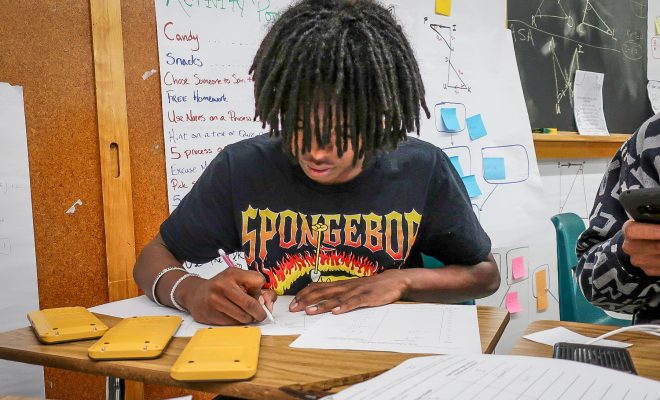What to Do When a Learner Will Not Complete Their Schoolwork

In every school, there’re always some children that deny doing work once in a while. If they do need to work, they may get angry, not pay attention, or strongly deny it. The reaction of the students may vary in this situation, but it’s a common occurrence that teachers must handle.
Reasons behind the Refusal of Children to Do Work
Though all children are different, there’s always a reason they don’t want to do work. Nevertheless, many times it isn’t possible for the teacher to identify the exact reason if the student doesn’t explain. It can have a relation to something that occurred outside of school or at home. Many times, if they’re going through adverse situations in their lives, they get frustrated about their inability to control those things, and hence, they choose to control other aspects of their lives, like not doing work. Additionally, some children may suffer from the oppositional defiant disorder, which means they might have continuous irritability and defiance, no matter what’s happening around them. In any case, it’s hardly ever only because they want to make a scene or create trouble.
Things You Shouldn’t Do
It’s easy for you to get frustrated and yell at the kid who denies doing what you told them to. However, you must not immediately send the child out of the room or punish them. In case you do, the kid will probably get more irritated, and it won’t resolve the problem. The majority of students aren’t making a special effort to give you a difficult time, but instead, they’re probably just showing their reaction to some other kind of incident. So, avoid assuming things about the student or embarrassing them before the class. If you act in these ways, it’ll probably only make the student more worried and nervous.
Things You Should Do
Even if one student denies listening to you, you should continue teaching. Talk to the student about it later if you feel it’s required. Many times, a student won’t want to discuss their problems before class, but when a teacher meets with them to discuss the matter one-on-one, they’ll feel more comfortable talking about their feelings. You should try to talk to them on a personal level and let them understand that they can trust you. If they’re continuously not listening, don’t give harsh punishments to them or yell out. Instead, let them know the consequences of their bad behaviors before you actually need to use them. This may help the student to volunteer about the things going on to steer clear of future punishments.
Summing Up
Just because a kid isn’t willing to do their task doesn’t always signify that they want to make a scene or create trouble. At times, children only need somebody to talk to them to identify the cause of the issue instead of just declaring punishments whenever something bad happens. Remember this the next time there’s a child in class that’s denying to do their work.






